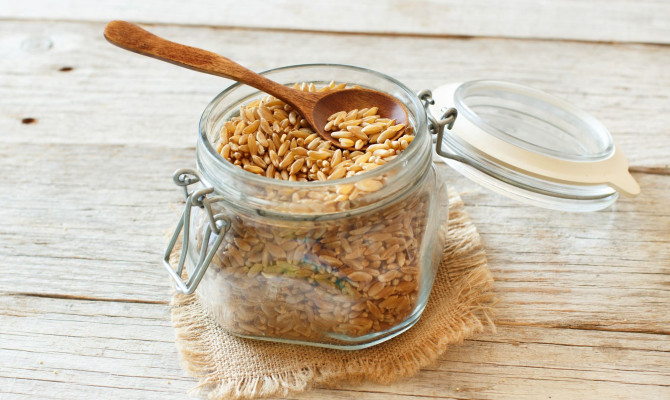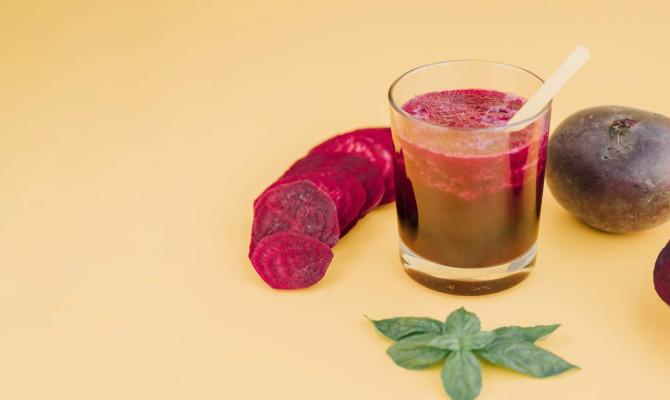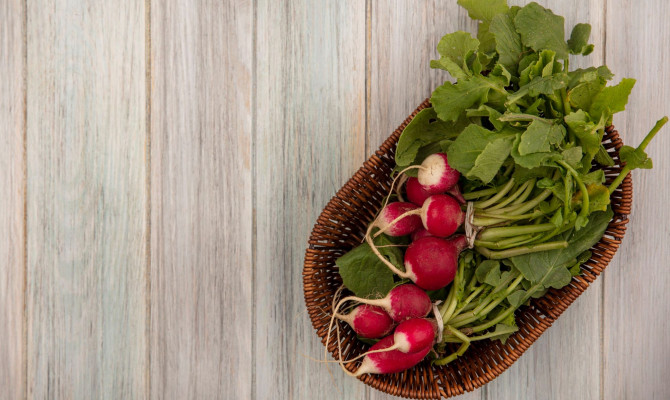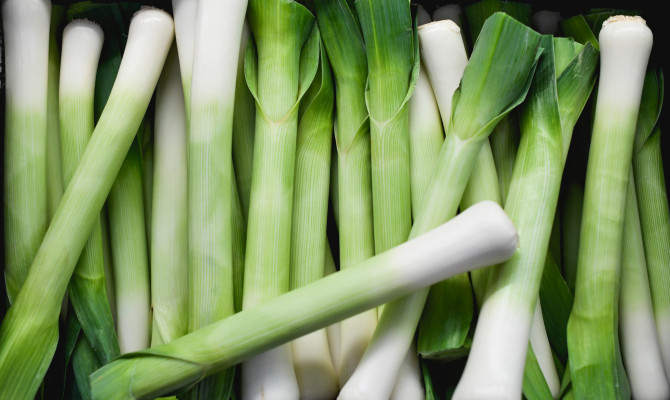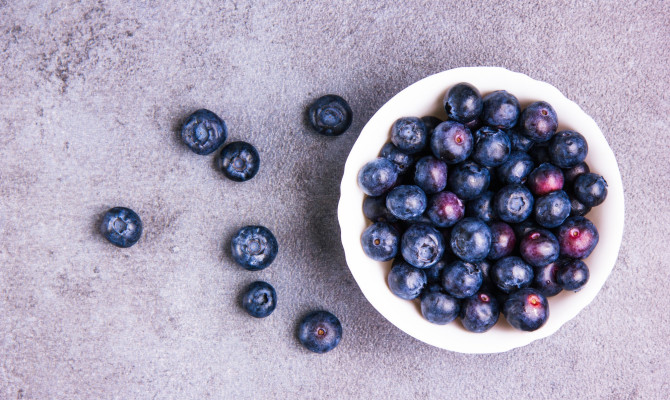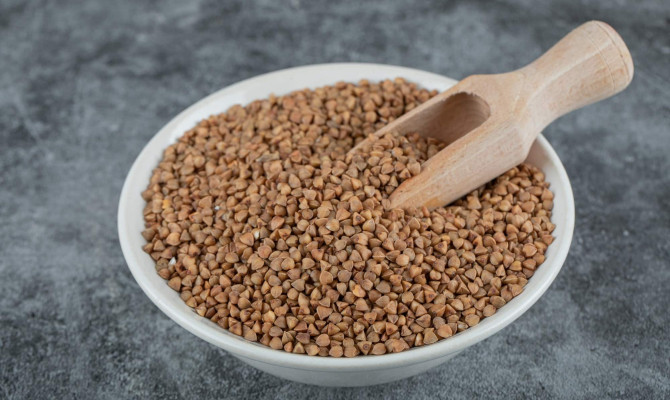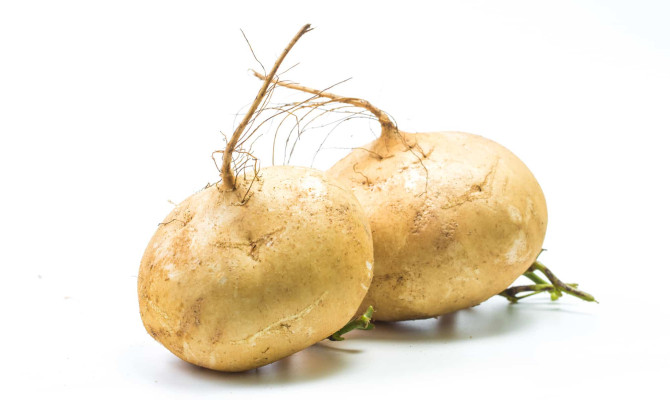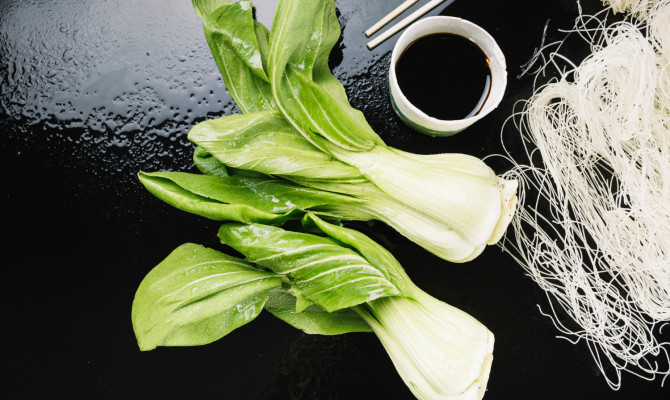Health benefits and Nutrition of Daikon radish

- Daikon Radish
- 17 Aug 2023
Overview
What is Daikon radish?
Daikon radish is a popular root vegetable in Asian and Indian cooking belonging to the cruciferous vegetable family. Daikon radish has become a staple ingredient in various cuisines worldwide with its distinctive elongated shape and crisp texture. Its flesh is crisp, succulent, and usually white. Beyond its culinary uses, daikon radish offers an array of impressive health benefits, making it a valuable addition to a balanced diet.
This article will delve into nutrition, health benefits, how to choose and prepare daikon radishes, and potential risks and precautions associated with their consumption.
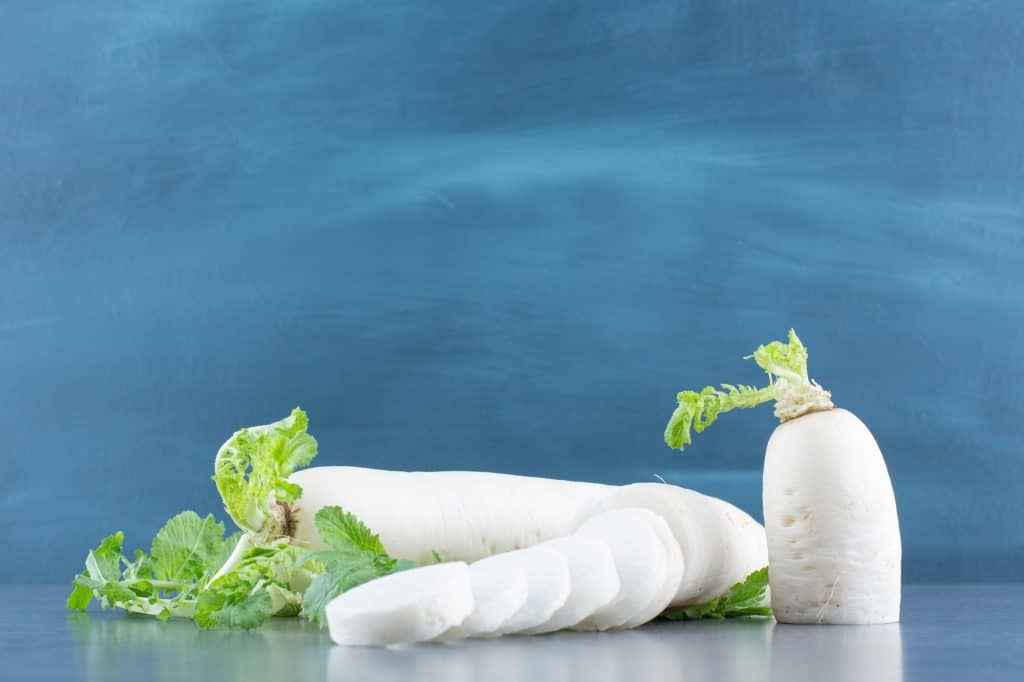
Key Facts
- Scientific name – Raphanus sativus var. longipinnatus.1Overview| Researched based study from Indiabiodiversity.org
- Common names – Japanese radish, Oriental radish, Mooli, Oilseed radish
- Family name – Brassicaceae.
- Origin – It is thought to have come from the Mediterranean region and spread to East Asia. 2Overview| Researched based study from Britannica.com
- Varieties – It is now cultivated in different varieties in color, size, and pungency levels.
Nutrition
Nutrition value of Daikon radish
One 7-inch raw daikon radish weighing 338 grams contains the following:
- Water – 320 g
- Calories – 60.8 kcal
- Carbohydrates – 13.9 g (including fiber and sugar)
- Fiber – 5.41g
- Protein – 2 g
- Fat – 0.3 g
Minerals
- Potassium – 767 mg
- Calcium – 91.3 mg
- Phosphorus – 77.7 mg
- Sodium – 71 mg
- Magnesium – 54.1 mg
- Iron – 1.35 mg
- Zinc – 0.5 mg
- Copper – 0.38 mg
- Manganese – 0.13 mg
- Selenium – 2.37 µg
Vitamins
- Vitamin C – 74.4 mg
- Choline – 24.7 mg
- Niacin – 0.676 mg
- Pantothenic acid – 0.466 mg
- Betaine – 0.338 mg
- Vitamin B6 – 0.155 mg
- Thiamin – 0.068 mg
- Riboflavin – 0.068 mg
- Folate – 94.6 µg
- Vitamin K – 1 µg3Nutrition| Researched based study from Usda.gov
Health benefits
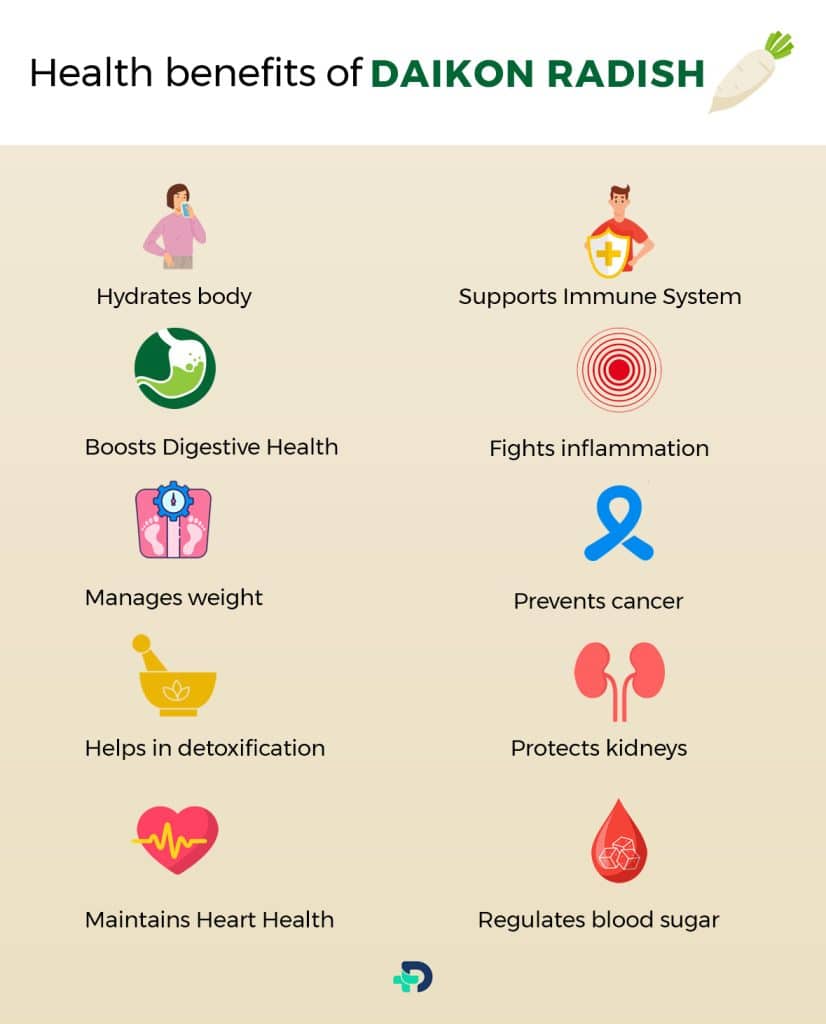
Health benefits of Daikon radish
Including daikon radish or white radish in the diet has the following benefits:
- Hydrates body
- Boosts digestive health
- Supports the immune system
- Fights inflammation
- Helps detoxification
- Protects kidneys
- Maintains heart health
- Manages weight
- Prevents cancer
Hydrates body
- Radishes contain mainly water 3Health benefits| Researched based study from Usda.gov , and its consumption helps people stay hydrated.
- Adequate water may help relieve constipation, improve digestion, and ensure optimal nutritional absorption from what we eat.
Boosts Digestive Health
- Daikon radish contains a high concentration of dietary fiber 3Health benefits| Researched based study from Usda.gov , which promotes digestion and regular bowel movements, lowering the possibility of constipation and other digestive disorders. 4Health benefits| Researched based study from Tcmworld.org
Supports Immune System
- Daikon radish contains high levels of vitamin C 3Health benefits| Researched based study from Usda.gov that improves the immune system and increases the body’s capacity to fight off infections. 5Health benefits| Researched based study from Nlm.nih.gov
Fights inflammation
- Certain chemicals in daikon radishes, such as glucosinolates, ferulic acids, and flavonoids, have anti-inflammatory properties and may aid in treating inflammation-related illnesses.6Health benefits| Researched based study from Nlm.nih.gov ,7Health benefits| Researched based study from Nlm.nih.gov
Helps in detoxification
- Daikon radish contains enzymes that aid in detoxification by facilitating the breakdown of toxins in the liver and promoting their elimination from the body.
Protects kidneys
- Radishes are supposed to work as a diuretic and a disinfectant that helps relieve kidney disease symptoms.
- Radishes are a fantastic option for hemodialysis patients since they are a rich source of folate and vitamin A despite having very low levels of potassium and phosphorus.
- According to a study, eating a diet high in radish led to more calcium oxalate being excreted, which causes kidney stones.9Health benefits| Researched based study from Nlm.nih.gov
Maintains Heart Health
- Daikon radish is an excellent source of potassium and anthocyanins, which support heart health by regulating blood pressure and decreasing the possibility of heart diseases.10Health benefits| Researched based study from Researchgate.net
Regulates blood sugar
- Daikon radish regulates blood sugar levels by lessening glucose absorption from the gut and increasing energy metabolism. 8Health benefits| Researched based study from Freedomfromdiabetes.org 11Health benefits| Researched based study from Nlm.nih.gov
Manages weight
- Consuming daikon radish can help lose weight due to its low calorie and high fiber content, boosting feelings of fullness and aiding with portion control.10Health benefits| Researched based study from Researchgate.net
Prevents cancer
- Radishes, which are detoxifiers and high in vitamin C, folic acid, and anthocyanins, have been related to a preventive effect against some cancers, including colon, renal, intestinal, stomach, and oral cancer 10Health benefits| Researched based study from Researchgate.net
Culinary uses
Culinary uses of Daikon radish
After you’ve selected your daikon radishes, it’s time to cook them. Here is a simple step-by-step guide:
- Wash – Rinse the daikon radish properly under cold running water to remove any impurities present on them.
- Peel – Use a peeler or a knife to remove the outer layer of the daikon radish. This step is optional, as the skin is edible, but peeling can enhance the texture and reduce bitterness.
- Slice or Dice – Cut the daikon radish into slices or dice it according to your recipe’s requirements. It can be sliced into thin rounds, julienned into matchstick-like strips, or diced into cubes.
Simple Cooking methods
- Daikon radishes are highly versatile in the kitchen and can be consumed raw or cooked, depending on your preference.
- They can be enjoyed raw in salads or cooked in stir-fries, soups, stews, and even grated as a garnish.
- The flavor of daikon radish is milder and less spicy than its smaller red counterpart.
- It can also be pickled for a tangy and crunchy condiment.
How to choose them?
- When buying daikon radishes, search for ones that are firm, smooth, and heavy for the size they are.
- Avoid any with soft spots, blemishes, or signs of decay.
- Younger daikon radishes are less delicate and milder in flavor when compared to the older ones.
Vs Turnip
Daikon radish vs. turnip
Daikon radish and turnip are root vegetables widely used in various culinary dishes and may have some shared characteristics, but also have distinguishing features that set them separate:
- Appearance – Daikon radish has a long, cylindrical shape with white skin. In contrast, turnips are usually smaller than daikon radishes and have a rounded shape with white, yellow, or purple skin.
- Flavor – Daikon radish has a milder flavor than turnips, which has a slightly sweet and crisp taste similar to a water chestnut.
- Texture – Turnips have a denser and firmer texture when compared to the crunchy and juicy texture of daikon radishes.
- Nutrition – daikon radish is an excellent source of Vitamin C. It provides small amounts of folate, potassium, and calcium. At the same time, turnips are a good vitamin C, K, and potassium source and contain smaller amounts of calcium, iron, and vitamin B.
Side effects
Side effects of Daikon radish
When taken in limited amounts, it is generally safe. However, excessive radish consumption can result in the following side effects:
- Gas
- Bloating
- Stomach discomfort
- Diarrhea
- Allergic reactions include itching, lips, throat, or face swelling, and difficulty breathing
Precautions
While daikon radish is generally safe for consumption, it could cause allergies in some individuals:
- Allergies – If people experience itching, swelling, or difficulty breathing after consuming daikon radish, they should discontinue its use and seek medical attention.12Precautions| Researched based study from Nlm.nih.gov
Bottom Line
The Bottom line
Daikon radish is a versatile root vegetable that offers a range of health benefits while adding a refreshing crunch to various culinary creations. With its low-calorie content, an abundance of vitamins, minerals, and dietary fiber, daikon radish is a valuable addition to a well-rounded diet. However, it is critical to be aware of any potential sensitivities and considerations for individuals with certain health conditions. Enjoy daikon radish in moderation and explore its culinary potential to reap its many nutritional rewards.
Any feedback on this article?
 This Articles content was accurate
This Articles content was accurate Very Informative Article
Very Informative Article I have a question or a comment
I have a question or a comment
 This article contains inaccurate content
This article contains inaccurate content This article was not helpful
This article was not helpful I have a question or a comment
I have a question or a comment
We appreciate your helpful feedback!
Checkout our social pages
References
-
India Biodiversity Portal
Raphanus sativus L. | Overview
-
Britannica
daikon | Overview
-
U.S. DEPARTMENT OF AGRICULTURE
Radishes, oriental, raw | Nutrition
-
Traditional Chinese Medicine World Foundation
Daikon Radish: A Healing Superfood | Benefits
-
National Library of Medicine
Vitamin C and Immune Function | Benefits
-
National Library of Medicine
Profiling of Phenolic Compounds and Antioxidant Activity of 12 Cruciferous Vegetables | Benefits
-
National Library of Medicine
Potential applications of ferulic acid from natural sources | Benefits
-
Freedom from Diabetes
10 Reasons to Add Radish (Mooli /Mula) to Your Menu | Benefits
-
National Library of Medicine
Influence of radish consumption on urinary calcium oxalate excretion | Benefits
-
Research Gate
Vegetables & its Health Benefits | Benefits
-
National Library of Medicine
Radish (Raphanus sativus) and Diabetes | Benefits
-
National Library of Medicine
A Case of Anaphylaxis Induced by Contact with Young Radish (Raphanus sativus L) | Precautions












